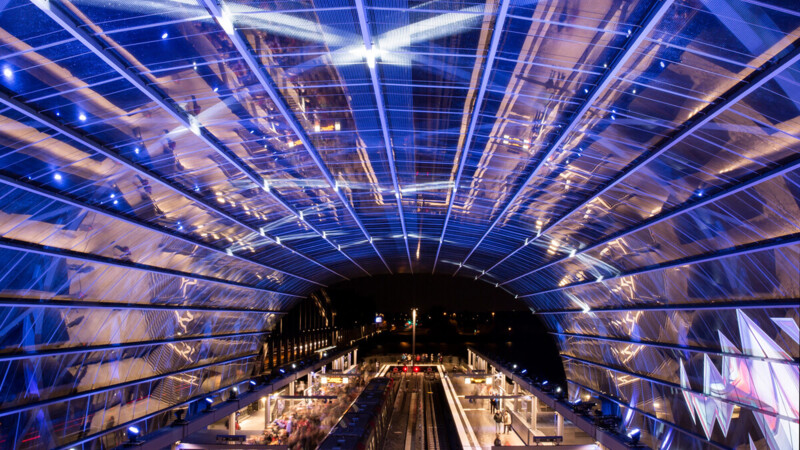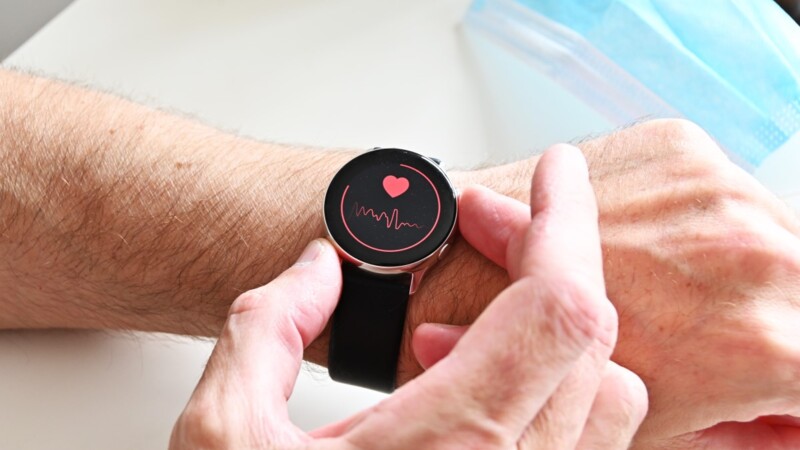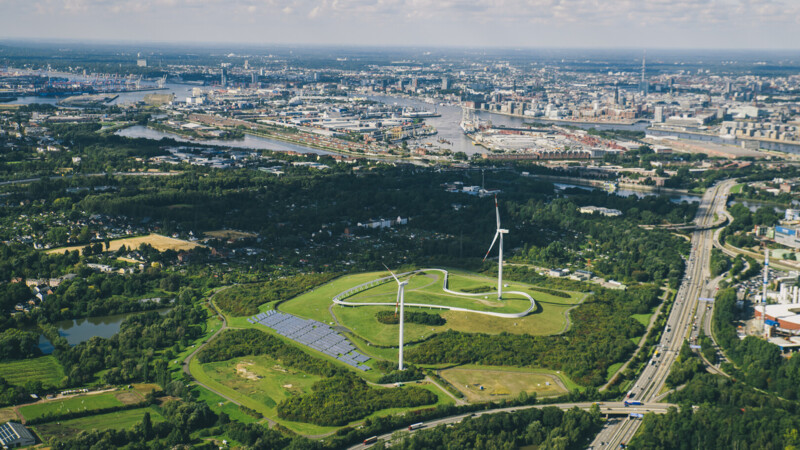The Smart City Index shows the degree of digitalisation and innovation in major German cities. Hamburg scored 83.9 points out of 100 in the overall ranking second only to Munich with 84.5 points. The Hanseatic city topped the categories society and education with 96.9 points and mobility (98.4 points). It came fourth in the IT and communication category with 86.6 points. The ranking is based on a total of 12,717 data points and covers all German cities with at least 100,000 inhabitants. The ranking also covers administration, energy and environment. A category consists of 37 indicators with a total of 157 parameters, for instance, online services, sharing offers or bandwidth availability.
Hamburg has come second after Munich in the Bitkom's Smart City Index 2023 followed by Cologne in third place. The City of Hamburg scored particularly well in the categories of society, education, mobility, IT and communication.
Hamburg’s scores
Smart cities benefit from tech start-ups
"The exchange between science and practice is much easier in university cities," said Ralf Wintergerst, president of Bitikom. Cities benefit from tech start-ups with innovative technology and fresh perspectives on challenges. "Giving start-ups an opportunity to test smart city applications locally and collaboratively is a win-win situation," he added. The Connected Urban Twins project between Hamburg, Leipzig and Munich for digital cityscapes is an example of the development towards a smart city. Hamburg's local government also seeks to co-operate with AI start-ups to develop digital products and services for the state and administration.
mm/sb/pb
Sources and further information
More
Similar articles

Hamburg's USPs make for a smart city

Hamburg tops Germany's Smart City Index 2022 for fourth time

Disrupt yourself - smartwatch diagnoses
